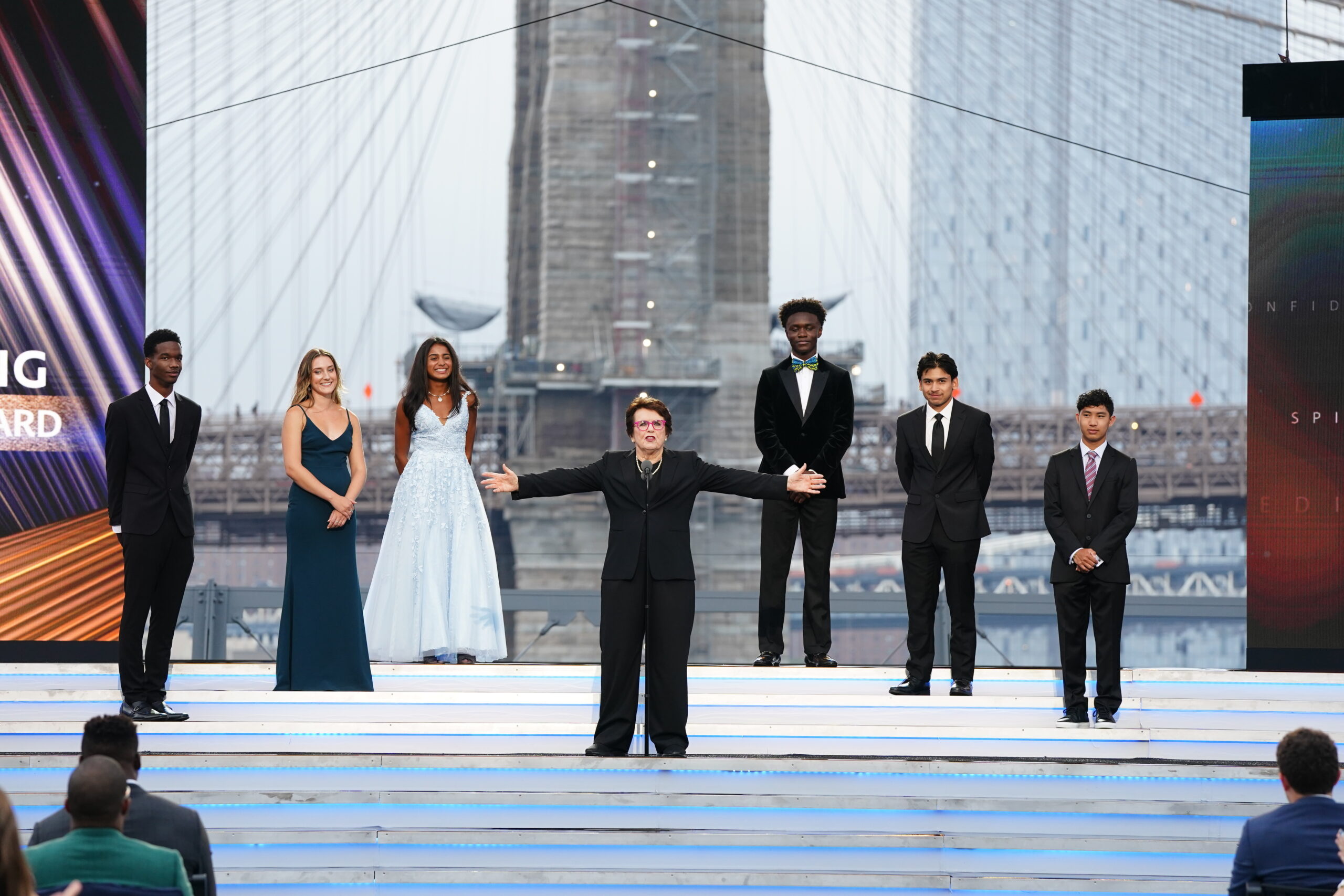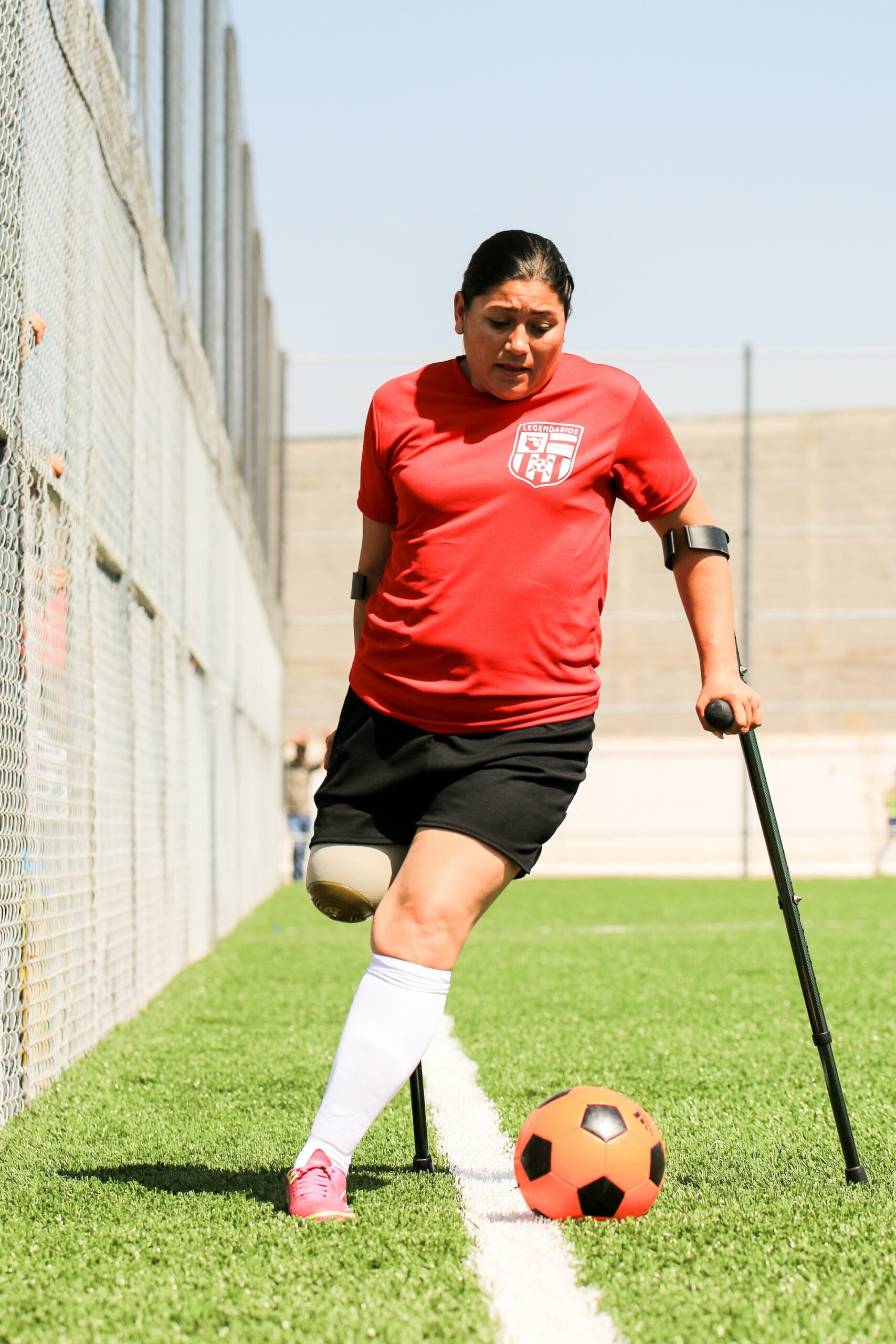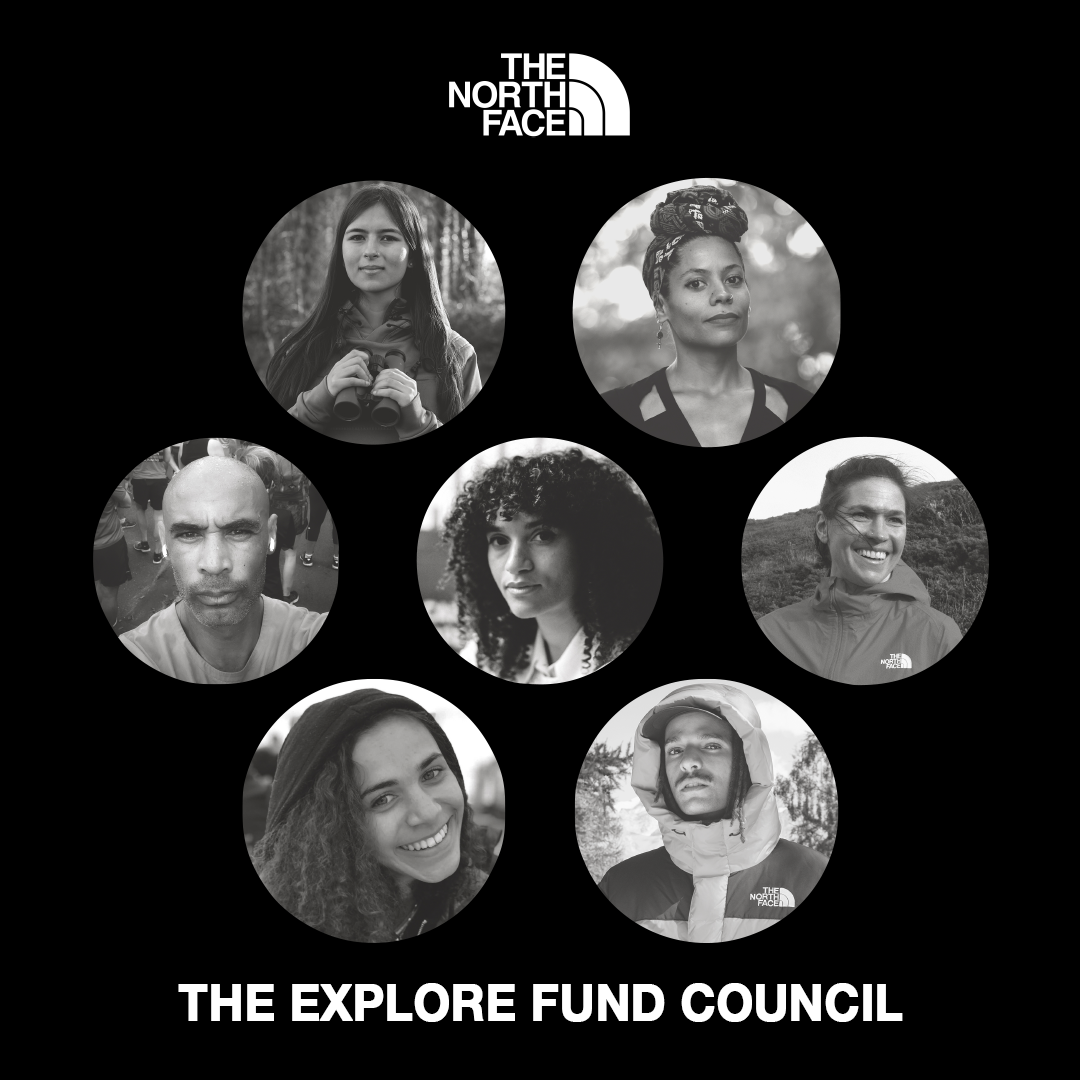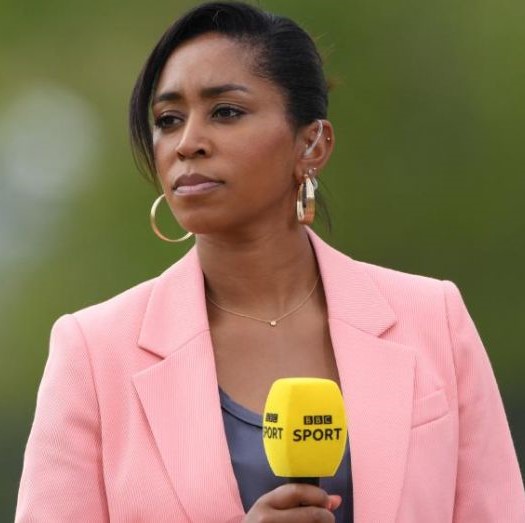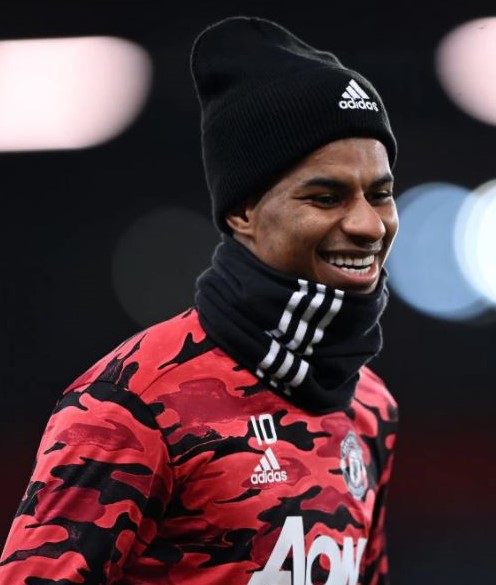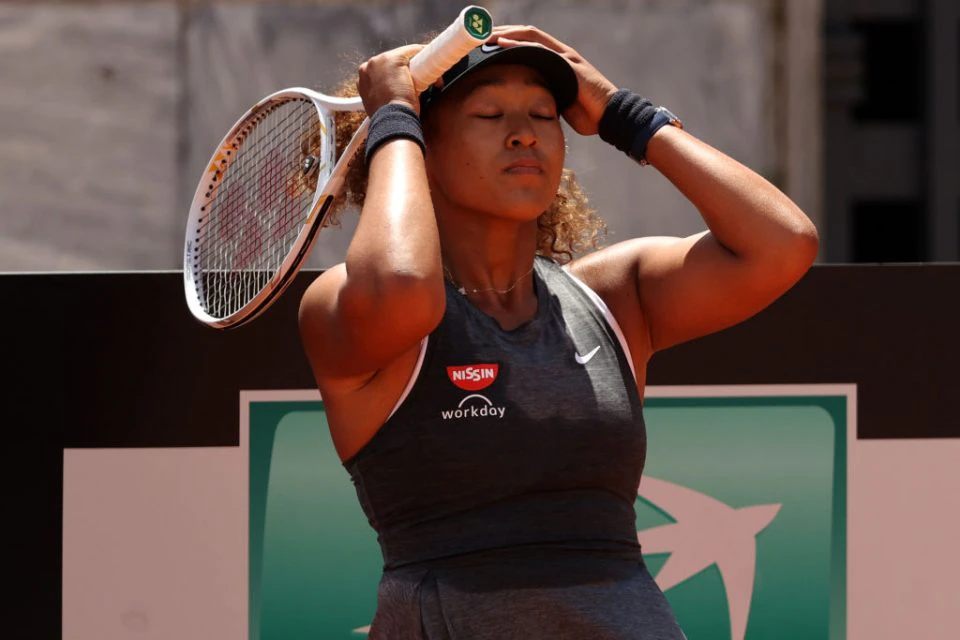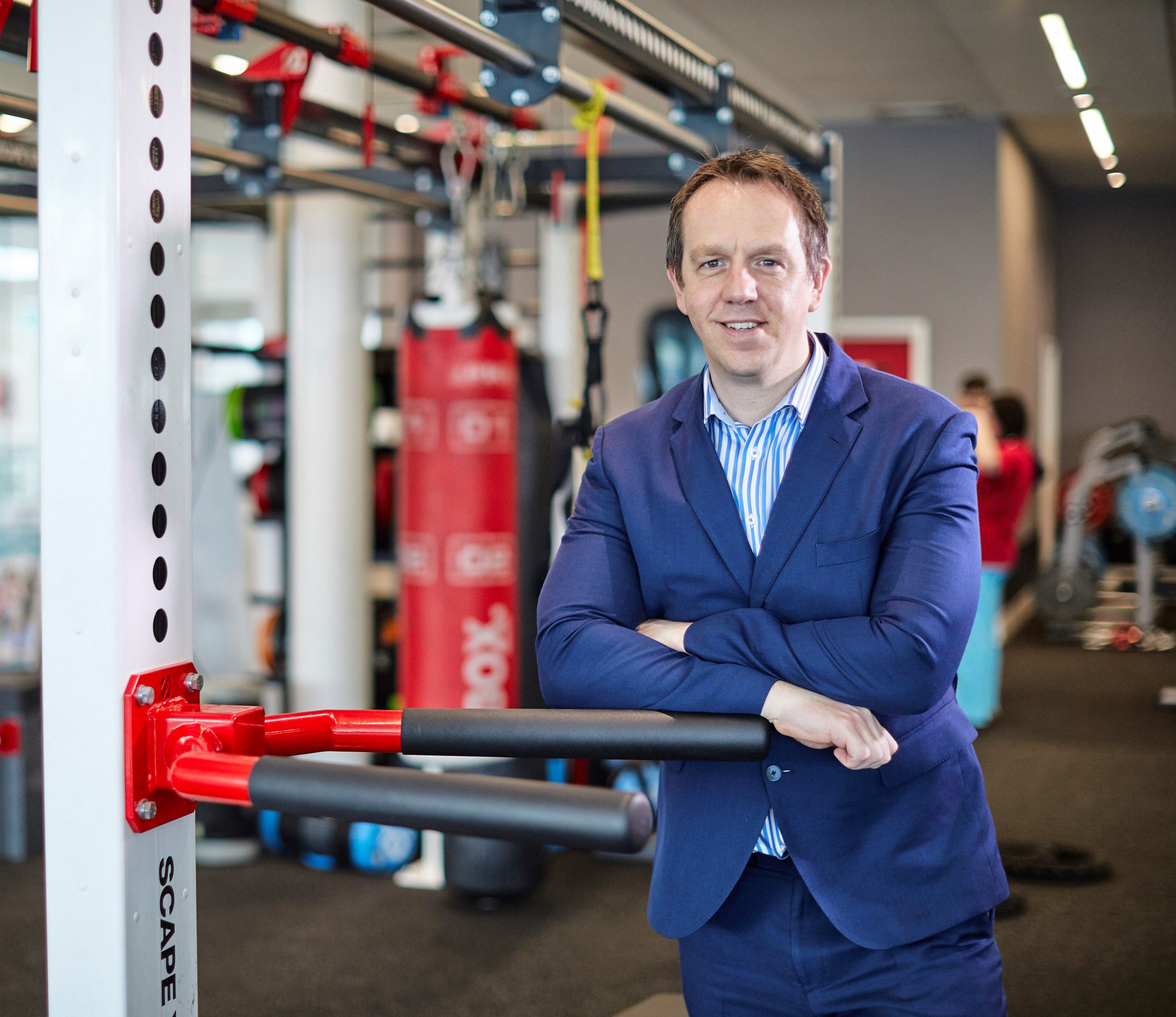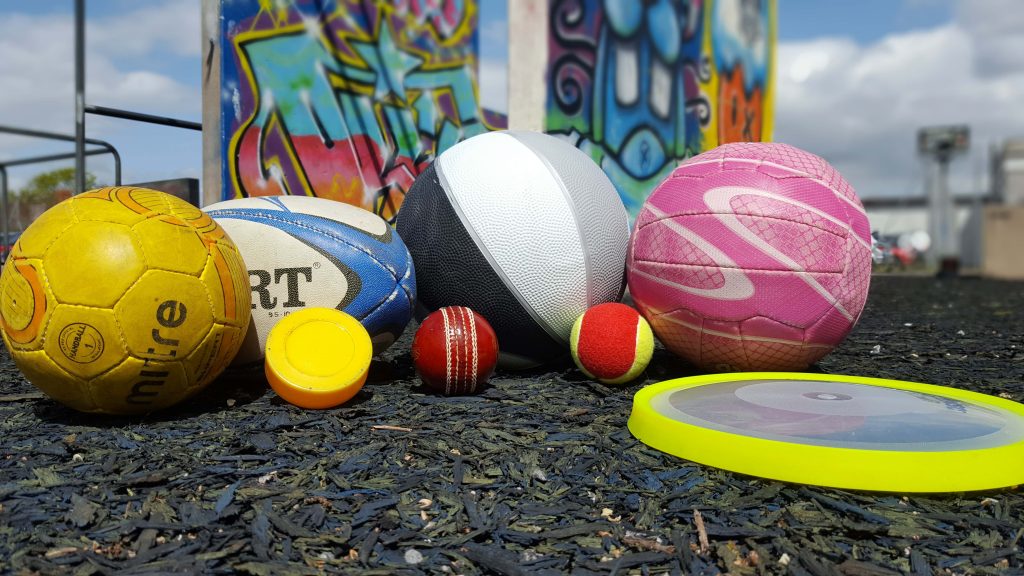We are seeing an increase in delivery of programmes across the world to introduce sport to communities and better lives.
Prior to the Covid-19 pandemic, Sport England showed that there was a distinct increase in activity levels for women, older people and those with disabilities or long-term health conditions. This increase is amazing to acknowledge, but are we wrong to want more?
Now is the time to see more intentionally-led action to break down divides and provide an inclusive environment for women, of all backgrounds.
This year’s International Women’s Day is themed around #ChooseToChallenge, so let’s not just spend time congratulating progress for the mainstream majority, let’s challenge it and strive for further greatness.
The landscape
The great Billie-Jean King is currently championing the #EntitlementGap, suggesting that women are so pre-conditioned to discriminatory processes, institutions and individuals, that even a nod or nudge towards some sort of progress is deemed acceptable. She says we should ask for more – and she is absolutely right.
In 1900, the Paris Olympic Games saw 22 women compete on the main stage for the first time – but there were limitations in terms of perceptions over physiology of women and ultimately they were ‘pigeonholed’ towards less physically demanding versions of male sports.
Over the years we have asked for more, but it has taken over a century for anything like parity to be seen, and we’re still so far away. We can’t wait another century; we need to create an environment where future generations are equal to their male counterparts.
Right to challenge
Even for those of us who live and breathe sport, we recognise that sport isn’t:
A) A magic fix that you engage with and become a better human
B) For everyone
What is fundamental, however, is that everyone has the right to move, be active, have opportunities for recreation or play and that, yes, sport, is for everyone regardless of gender.
Sadly, not all women are able to exercise this right. Sport England suggests that over 300,000 fewer women than men are regularly active, citing fear of judgement, lacking confidence and time as the barriers.
When sport is intentionally deployed on a bedrock of brilliant programming, engaging coaches, and safe environments, it is in a real position to change lives.
So, what’s my beef? Institutionally, and individually, we all need to do more to give more women, in more shades, with different abilities, access to their right to move and to reap the physical, mental, social and emotional benefits of doing so.
We’ve seen what happens when individuals do step up and ask for more of themselves. Just look at the great work of Ebony Rainford-Brent (pictured above) and her African-Caribbean Engagement programme, ACE. It’s clear that, in a lot of ways, programmes like this are being better designed to make progress and create accessible opportunities that are intentional in how they are delivered, to whom and how.
In Rainford-Brent’s case she’s targeting Black African communities here in the UK and has a purpose that is close to her heart. Equally, in challenging media institutions to do more, we can look to the quartet of American Olympians who, fed up with the lower levels of coverage, investment and exposure of women’s sport, set up a media and commerce company designed to elevate women’s voices.
Our responsibility
In both of the above examples, people of colour are part of the solution and part of the change. And until our institutions have decision makers that look like our communities, the change we’ll see in the gender gap will remain a predominantly single colour change, and so it seems that equitable change can only come from individuals. But it shouldn’t be one or the other. It’s both.
There’s no silver bullet solution, but everyone needs to play their part and has a responsibility. My responsibility as a South Asian woman is to do my part and show what’s possible and to challenge where I feel challenge should be. I need to understand my own privilege as much as much as I do the level of discrimination that I have faced.
Growing up, I was lucky as my father loved sport and I went to a tiny village state school that recognised the importance of sport. I had a brilliant male PE teacher who saw my passion for sport and a work ethic that was enough to cover the talent-deficit. As a result, I played every sport going and had great experiences. I was lucky to be in that school, in a sport-centric environment for both genders. That’s not the case for everyone – it’s not how the system was designed.
I was 15 or 16 years old until I played sport against another Indian girl, and she was from a county more than 100 miles away. This highlighted for me the stark lack of access for South Asian women. I was fortunate, as was she I expect, but so many missed out.
Looking at where I am now, I can sadly count on one hand the number of Indian women leading in my industry. People celebrate the number of women on FTSE boards surpassing this magic 30 per cent mark – but it needs to be so much more than just a number and representing women – it’s about how we change the narrative and our approaches.
The Solution
Whilst there is a steady increase in opportunities for, particularly, young people, there is still a lack of strategic direction applied to create inclusive sport and activity for all backgrounds and genders. We can’t keep rolling out the power of sport to change lives unless we are intentional about how we fund, promote, design and use it; and that means change. A change in what we value and how those values are reflected in the systems and institutions that continue to oppress.
When I worked in soccer, it was deemed acceptable for white men to make throw-away comments about women in football. And I didn’t feel safe enough to challenge them. I wasn’t brave enough to challenge them. I still had a sense of gratitude that I was at the table, even though I didn’t really have a plate. I didn’t ask for more of myself or from them. I regret that, and I won’t miss the opportunity to challenge again.
Programmes on the ground will make a difference, but only in time. When designing programmes to give back to communities, there is often talk around ethnic minorities or groups – but rarely a deep dive into these groups. When we talk about diversity and inclusion, don’t refer to everyone as the same person, and don’t assume their barriers are the same as all other ‘minority’ groups. If we truly value diversity and inclusion, then we need to be intentional about our actions as much as our words.
These ‘broader’ and less intentional approaches to ‘delivering good through sport’ are flawed and there are significant gaps, meaning that so many young women and ethnicities are missing out.
Work needs to be done, so let’s #ChooseToChallenge brands, organisations and those with influence to provide increased access and opportunities for women in targeted ethnic groups and communities to not only experience sport but develop life-changing skills. And let’s challenge ourselves to ask for more, and not settle for the crumbs from the table, we all need a plate.

